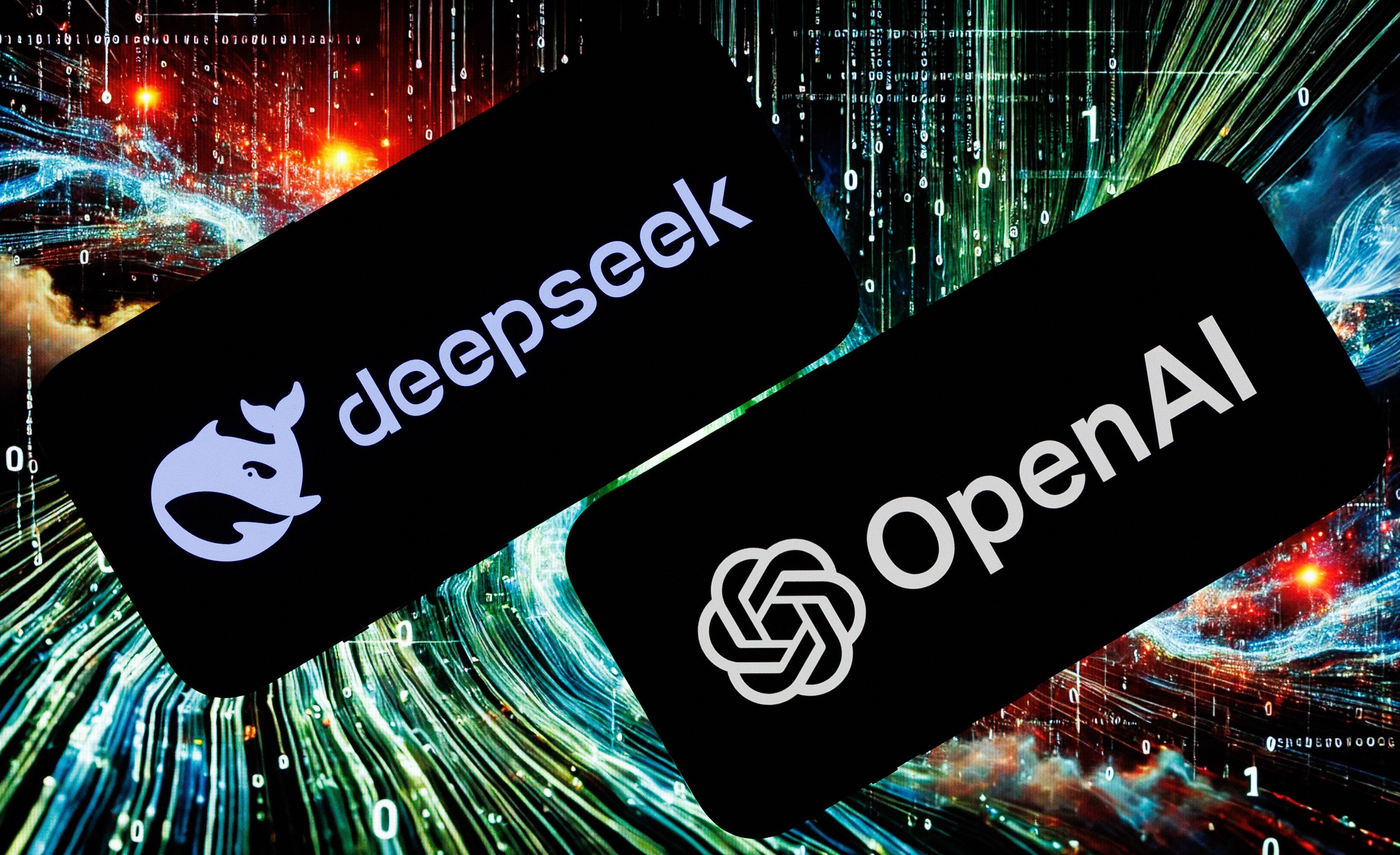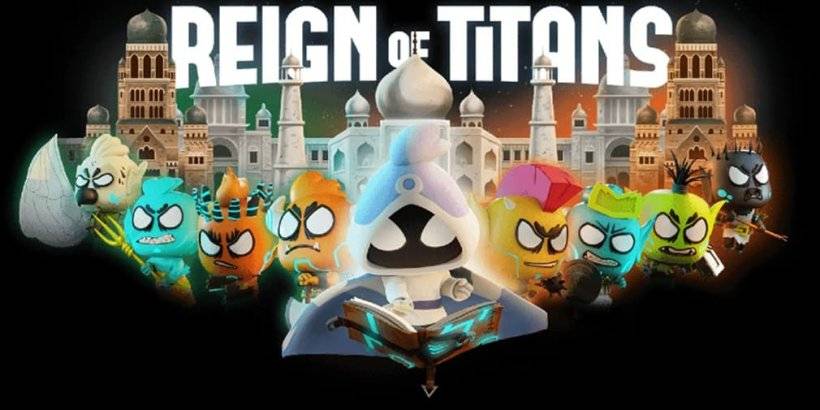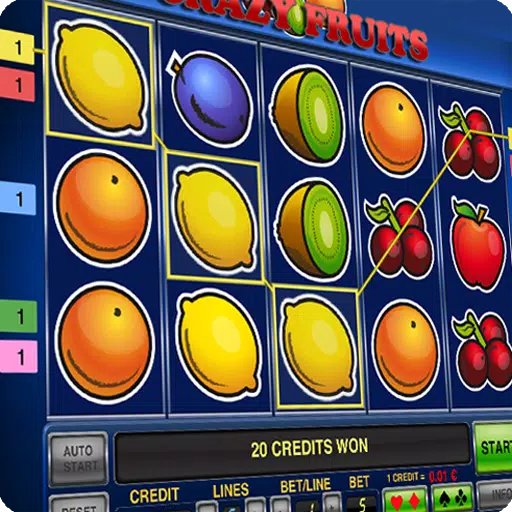OpenAI suspects that DeepSeek, a Chinese AI model known for its significantly lower cost, may have been trained using OpenAI's data. This revelation, coupled with DeepSeek's rapid rise in popularity, triggered a significant market downturn for major US AI companies. Nvidia, a key player in GPU technology crucial for AI, experienced the largest single-day stock loss in Wall Street history, losing nearly $600 billion in market capitalization. Microsoft, Meta, Alphabet, and Dell Technologies also suffered substantial losses.
DeepSeek's R1 model, built upon the open-source DeepSeek-V3, boasts significantly lower training costs (estimated at $6 million) compared to Western counterparts like ChatGPT. While this claim is debated, it has fueled concerns about the massive investments being made by American tech companies in AI. The app's popularity surged following discussions about its cost-effectiveness.
OpenAI and Microsoft are investigating whether DeepSeek violated OpenAI's terms of service by using its API or employing "distillation," a technique that extracts data from larger models for training. OpenAI acknowledges the ongoing attempts by Chinese and other companies to replicate leading US AI models and emphasizes its commitment to protecting its intellectual property (IP) through various countermeasures and collaboration with the US government.
David Sacks, President Trump's AI czar, supports the claim that DeepSeek used OpenAI's models, suggesting that leading AI companies will implement measures to prevent similar occurrences.
This situation highlights the irony of OpenAI's accusations, given previous claims that creating AI models like ChatGPT is impossible without using copyrighted material. OpenAI previously argued to the UK's House of Lords that copyright laws make it impossible to train leading AI models without access to copyrighted work. This stance is further complicated by lawsuits filed against OpenAI by the New York Times and 17 authors alleging copyright infringement. OpenAI maintains that its training practices constitute "fair use." The legal landscape surrounding AI training data and copyright remains highly contested, particularly in light of a 2018 US Copyright Office ruling that AI-generated art is not copyrightable.





























